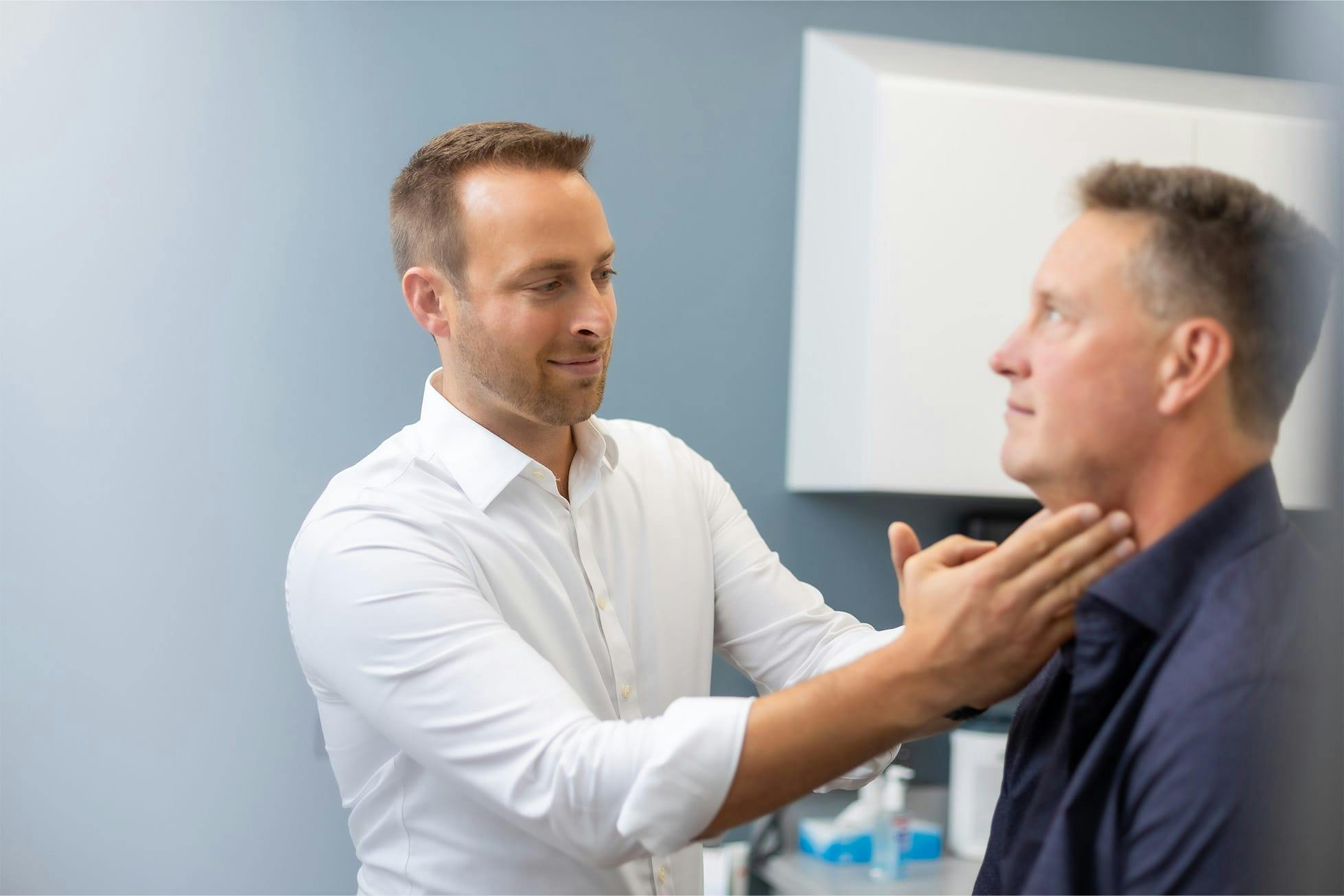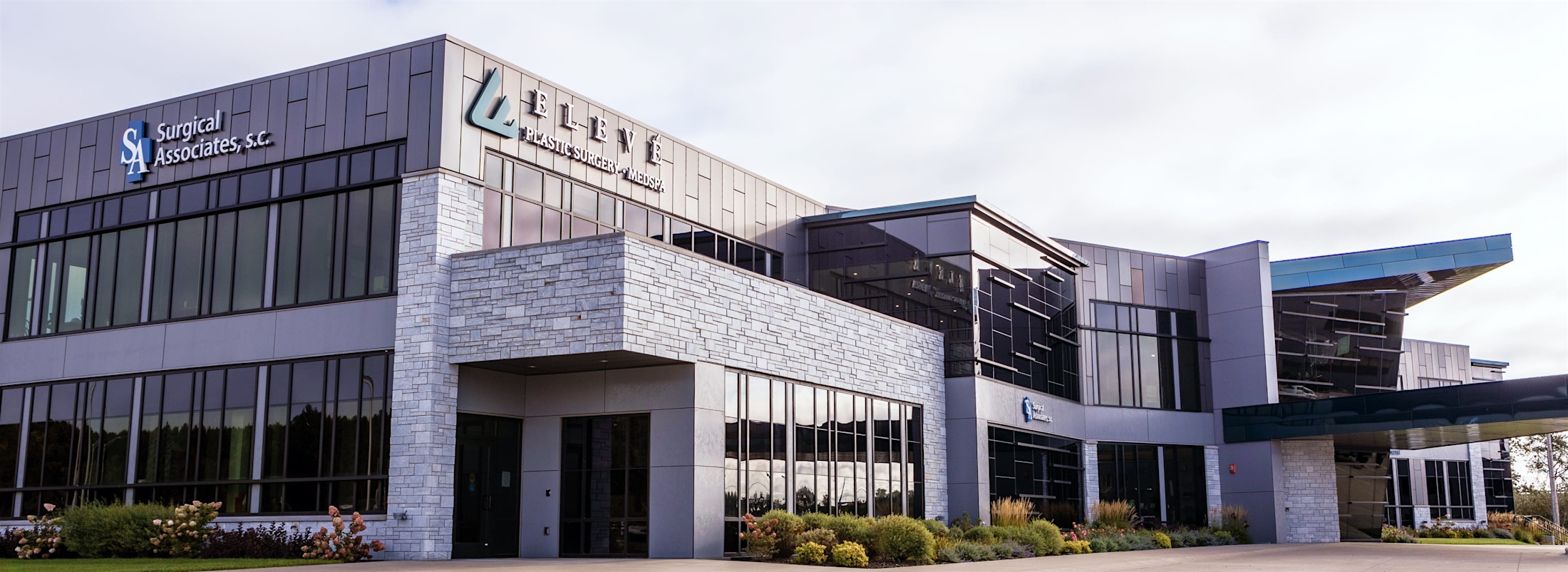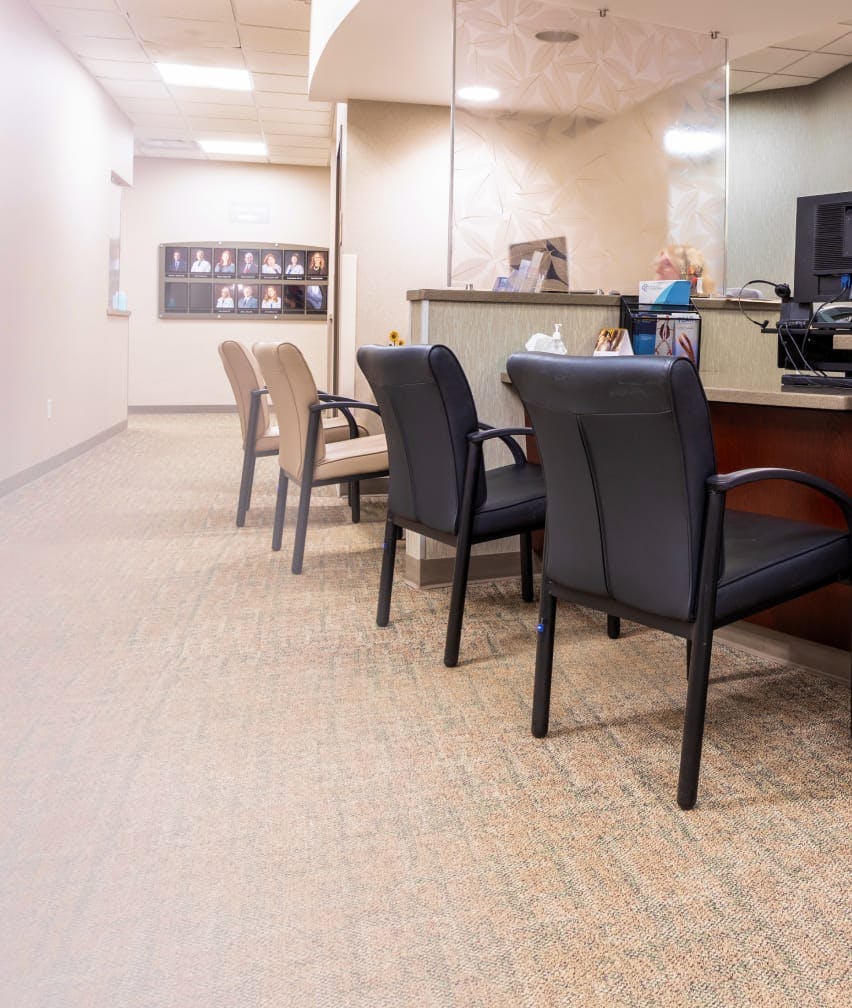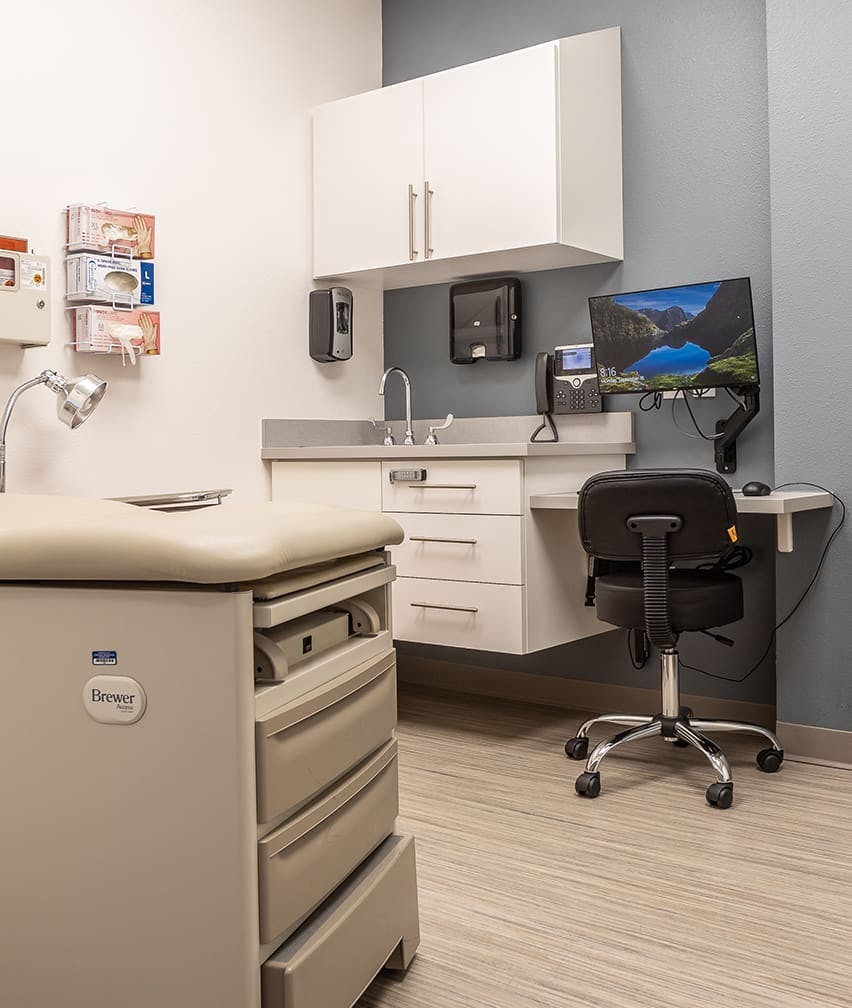Explore advanced care for carotid artery disease at Surgical Associates. Our board-certified vascular surgeons specialize in precise diagnosis and cutting-edge treatments to reduce the risk of stroke.
What are the symptoms of carotid artery blockage?
Many people with carotid artery disease do not experience symptoms until the artery is severely narrowed or blocked. However, if the artery becomes blocked by a clot, symptoms may suddenly appear and could include:
- Sudden numbness or weakness in the face, arms, or legs, particularly on one side of the body
- Difficulty speaking or understanding speech
- Loss of vision in one or both eyes
- A sudden, severe headache











